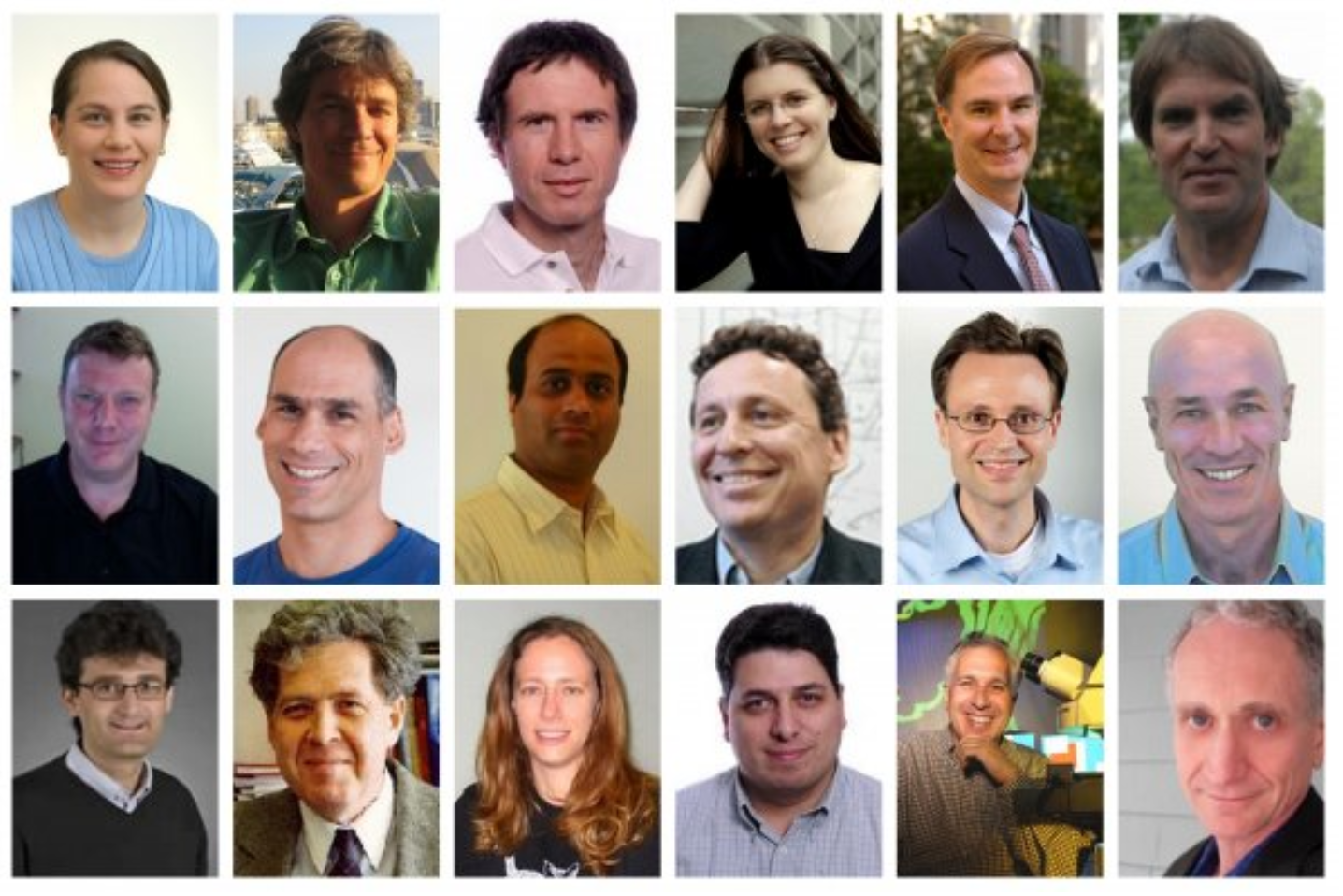
The Massachusetts Green High Performance Computing Center (MGHPCC) has announced six seed-fund awards to support collaborative, cross-institutional research among MGHPCC partners. The awards span a wide array of research areas and bring together academics from the five MGHPCC universities (BU, Harvard, M.I.T, Northeastern and UMass) as well as several partners from area teaching hospitals. This year the seed-fund program was supported by the five universities and also by the Center for Integration of Medicine and Innovative Technology (CIMIT). Together these organizations provided more than $500,000 to support seed activity proposals, with potential to grow into major new activities.
Commenting on the seed-fund awards, Chris Hill of MIT, who co-chairs the seed-fund program with Jim Kurose of UMass, noted ”The MGHPCC seed fund was launched in 2011. It is committed to growing and strengthening regional collaborations in all aspects of high-performance computing (HPC) based research. This years awards span basic astrophysics research, computer systems innovation and real time clinical applications. They show the richness of the region as a world leading center of gravity for academic discovery. In addition to the great research, also notable this year was sponsorship participation from John Collins and colleagues at the CIMIT organization. This reflects a real increase in interest in applied HPC from major regional hospitals.” This years seed-fund organizing and selection committee was chaired by Dave Kaeli of Northeastern University. Committee members were David Coker (BU), Scott Bradner (Harvard), Chris Hill (MIT), Jim Kurose (UMass).
• The CaterPillar Project: Exploring the Dark Matter Substructure of Milky Way Galaxies. Anna Frebel (MIT) Edmund Bertschinger (MIT) Lars Hernquist (Harvard) Our understanding of how galaxies assemble, their origins and what controls their characteristics rests on interpretation of astronomical observations informed by our understanding of the fundamental laws of physics. With the advent of computers astrophysicists have been able to build increasingly sophisticated models of the growth of Milky Way like agglomerations through so-called N-body simulations. In this project, the investigators seek to leverage High Performance Computing to allow them to run not one but multiple N-body problems in parallel enabling them to apply statistical approaches to uncovering the underlying physical processes at work. It is hoped this will lead to the conclusive confirmation of the details of the assembly history of the Milky Way as well as a better understanding to general galaxy behavior.
• Designing Cloud and Big Data Platforms for Scientific and HPC Applications. Orran Krieger (BU) Peter Desnoyers (Northeastern); Manuel Garber (UMass Worcester) Prashant Shenoy (UMass Amherst). This project seeks to explore how today’s cloud and big data platforms can be better tailored to handle Big Data – the massive volume of information so many disciplines from the life-sciences, through the physical-sciences, to the social sciences now generate. With an eye to genomics and sequencing applications in the life-sciences, real-time data mining of smart grids, even weather nowcasting: using weather data to develop short-term personalized forecasts, the team will be looking into ways to re architect such data intensive applications to exploit big data processing methods and cloud platforms.
• Strength and Fracture Mechanisms of Hierarchical Biological Materials. Alain Karma (Northeastern) Markus Buehler (MIT) By incorporating length-scales from the atom to the structural scale the team plan to use HPC in a multiscale modeling effort to explore and test how biological materials like bone or nacre can, despite their apparent fragility, resist breakage. The multiscale computational approach developed in this proposal will permit an exploration of fundamental mechanisms that control the strength of biological materials, and at the same time, create a platform for the biomimetic (literally nature mimicking) design of nanostructured composite engineering materials for technological applications such as structural materials and in the medical industry.
• Computational Identification of Outcome-Associated DNA Alterations in Neuroblastoma. Stefano Monti (BU) Roberto Chiarlie (Harvard) Neuroblastoma is one of the most common tumor causing cancers in children. Clinically, neuroblastoma is classified in 4 stages, with increasingly poor prognosis. However a significant subset of stage 4 patients (the most advanced stage) can be cured and may even regress spontaneously. The goal of this study will be to develop high-throughput sequencing techniques to identify novel DNA markers allowing the two prognostic groups to be distinguished informing subsequent treatment decisions.
• Genome-scale Characterization of Chromosonal Aberrations Using Parallelizable Compression Algorithms. Dan Simovici (UMass Boston) Nurit Haspel (UMass Boston) David Weisman (UMass Boston) Jennifer Rosen (BU) Cancer is fundamentally a disease caused by genetic mutations. One of the great difficulties in developing effective treatments is the stochastic or statistically varying nature of these mutations – each patient, each tumor may present a unique genomic signature. As individual full-genome sequencing comes within reach, the proposed research will develop new data compression techniques (essentially automatically locating and leveraging repetitive sequences) to large-scale data mining of next-generation DNA sequencing data to speed-up detection of large chromosomal aberrations.
• Automated Segmentation of Vessel Network Structures in Large Image Stack Sets. Deniz Erdogmus (Northeastern) Jeff Lichtman (Harvard) David Boas (Harvard/Mass. General Hospital) In order to better understand the complex behavior of neuronal circuits as well as how they evolve during synaptic competition, neuroscientists must manually construct the tree-structured nerves from 3D microscopy imagery. Manual reconstruction of a single cell may take weeks to months depending on its type and complexity. In this project the team are seeking to develop an open high-performance automatic image analysis software package to massively accelerate this process making it feasible to analyze automatically or interactively a large imagery database for quantitative modeling and statistical analysis.